Article not found
This article is no longer available. But don't worry—we've gathered other articles that discuss the same topic.
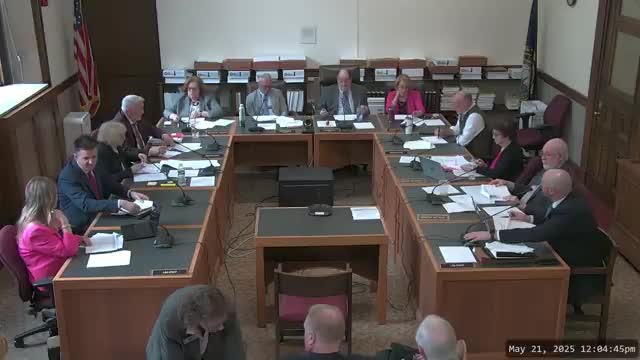
Community colleges warn possible loss of Pell eligibility for part‑time students; committee puts higher‑education requests on hold
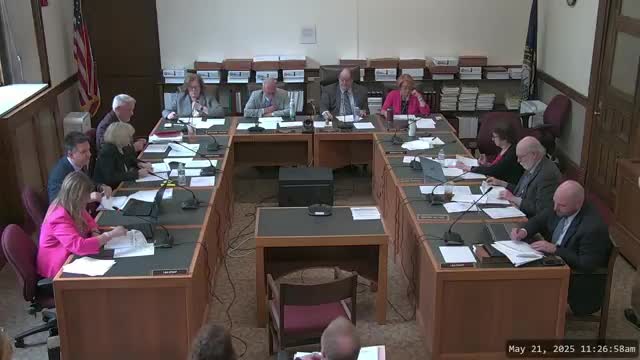
Senate committee trims state arts funding, debates 25¢ ticket surcharge to sustain council
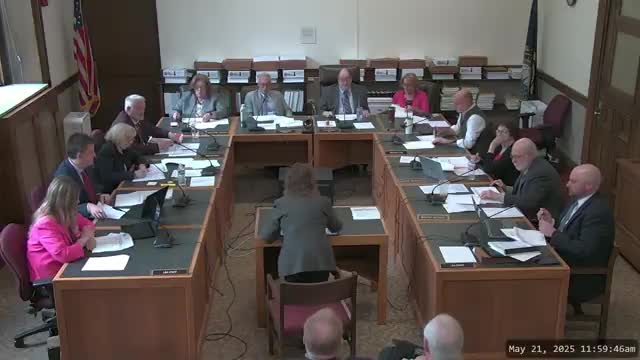
Committee puts Veterans Home transfer authority request on hold after members seek personnel transfer exemptions
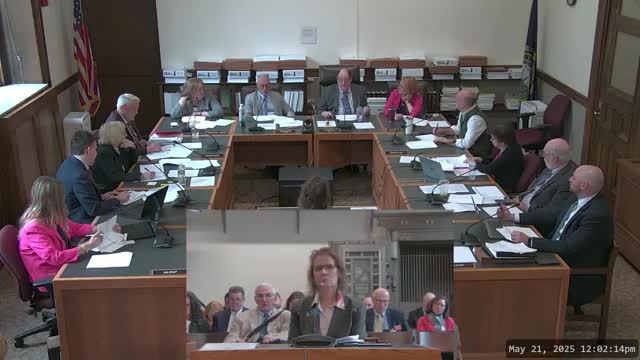
Senate updates gaming revenue estimates, shifts responsibility for responsible‑gaming funds to governor’s commission
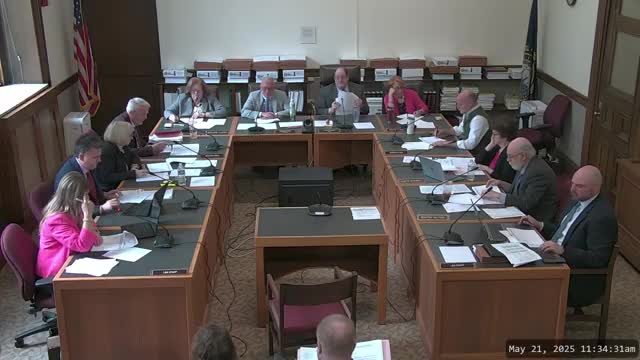
Senate declines immediate $5 million refill for ‘housing champion’ grant fund; extension and lapse debated

